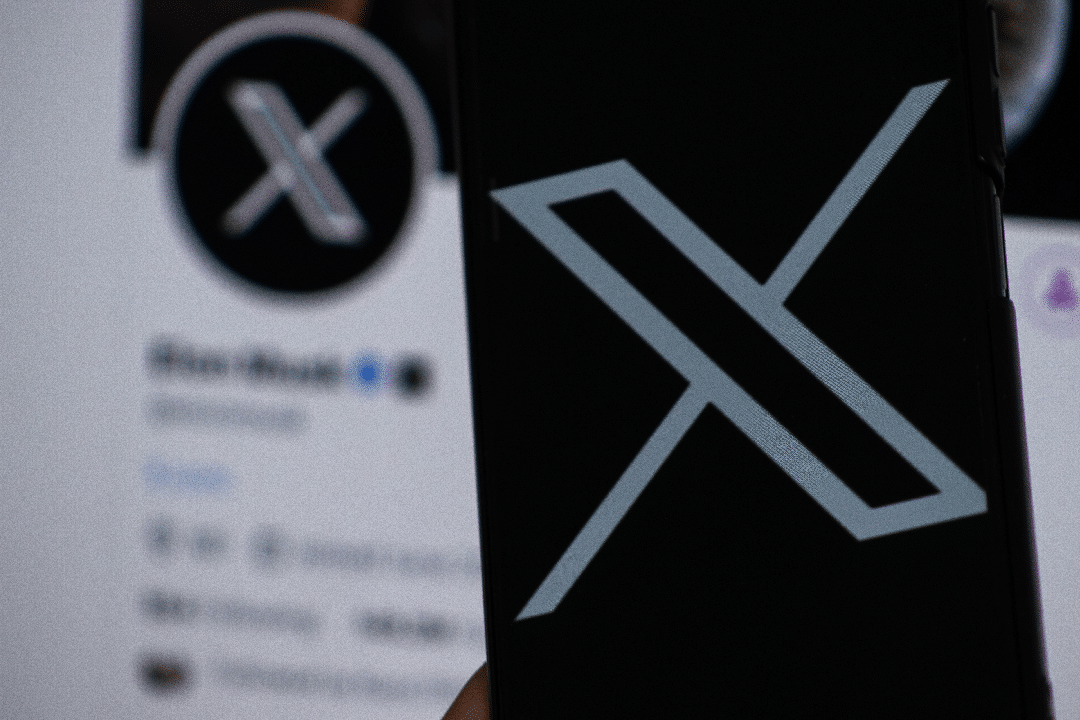Ofcom, the UK’s media watchdog, may soon launch an investigation into Elon Musk’s X, formerly Twitter, as it keeps a close eye on the European Union’s ongoingf investigation into the platform. This vigilant observation comes as Ofcom prepares to ramp up its own regulatory efforts under the upcoming Online Safety Act.
Although it has yet to make a move itself, a source there told The Times that the organization is closely watching as the EU starts to deal with Elon Musk’s social media network, indicating that it might also take action soon. Even before these reports, X has been the most likely first target for Ofcom’s regulatory siege as it is well known for its free speech ideals and reduced content moderation.
EU Probes X’s Compliance with DSA
In December, the EU launched an investigation into X to see if it is following the new rules under the Digital Services Act (DSA). The main focus is on how X deals with illegal content, misinformation, platform transparency, and deceptive design.
The EU is looking into X’s reports and how it handles content that could be illegal, like anything that could be regarded as hate speech or supporting terrorism. The investigation is also checking if X’s ‘Community Notes’ feature and other steps are good enough to combat misinformation from spreading.
Additionally, the EU is scrutinizing X’s transparency in sharing data with researchers and the clarity of its advertising library. Another significant aspect of this inquiry is whether X’s ‘Blue checks’ subscription feature is misleading users.
While this detailed investigation is underway, it does not imply that X has been found guilty of any violations yet. If X is found in breach of DSA rules, it could face consequences for non-compliance.
Ofcom’s Role in Enhancing Online Safety Regulations
The DSA has similar objectives to the UK’s Online Safety Act, which will be implemented in stages starting by the end of 2024.
The Online Safety Act, a major topic in the UK Parliament, addresses the need for greater accountability from online businesses and service providers, especially after some parents, who lost their children to suicide due to dangerous online content, asked for action.
This law affects many online platforms and requires them to find and deal with illegal and harmful content to protect users, especially children. They must set up safety protocols, report illegal content, and maintain a balance between safety and users’ rights to speak freely and have privacy.
Ofcom, the regulatory body, can fine companies up to £18 million or 10% of their worldwide earnings if they don’t follow legal obligations, and can even take them to court in serious cases. A special focus of this law is to keep children safe from harmful content. Depending on their size and what they do, different services will have to follow different rules. The Act makes sure that while keeping users safe, the services also respect their privacy and freedom to express themselves.
To prepare for the enforcement of the Online Safety Act, Ofcom has been expanding its online safety team with experts from X, Meta, Microsoft, and Google, snatching up many of those laid off from the tech industry over the past two years. This proactive approach from Ofcom aligns with what the EU is doing and shows a wider global trend towards stricter online rules and safety.
Is Elon Musk’s ‘Free Speech’ Dream Dead in the Water?
This international regulatory focus is timely, considering the recent changes at X under Elon Musk’s $44 billion acquisition. While many find Elon Musk’s stated intentions of facilitating free speech in a kind of digital town square, the reality is much different. Musk has been inundated with criticism for various major changes to the platform that critics say enable dangerous content to spread.
Musk’s decisions to dramatically reduce the team in charge of overseeing safety and allow previously banned controversial users back on the platform have been especially controversial. These changes quickly led to some advertisers distancing themselves due to worries about their brand image.
Additionally, major advertisers like Microsoft, Disney, and Airbnb recently pulled their ads from the site after Musk seemingly supported an antisemitic theory, though he later issued an apology for it.
The European Commission had been watching X since October 2023, mainly because of worries about how it dealt with illegal content and false information, especially regarding the conflict between Israel and Hamas. X’s platform had a lot of graphic images and a near-infinite outcropping of hate speech during this conflict, but most weren’t removed.
X also didn’t answer several requests for information, and even meetings in San Francisco with its engineers didn’t satisfy the European officials. Therefore, the EU asked for more details under the DSA and decided to go ahead with its investigation after looking at the information X provided, including its risk and transparency reports.
If X continues to struggle removing illegal and harmful content as outlined in the DSA or by the UK’s Online Safety Act, it may be in an extremely precarious position. The EU alone could fine X up to 6% of its worldwide annual turnover. The UK could fine it up to another 10% of its revenue too, essentially dooming the already struggling company.
